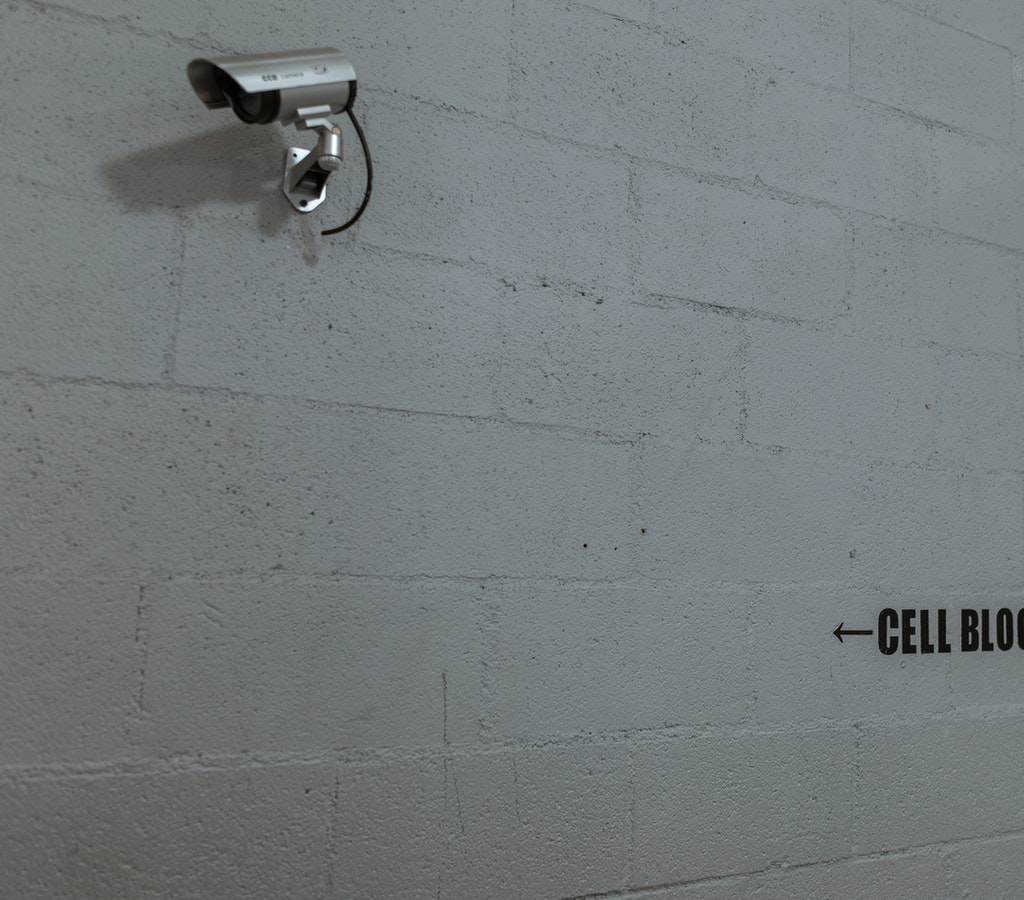Sometimes. Outside of prison, you have a reasonable right to privacy. When you enter prison, things change. Prison staff will search you during the intake process. And they’ll also search you from time to time while you serve your prison term. Those can include cavity body searches.
Facilities have different rules about how they perform body and strip searches. Prisons also have different rules about when they can search you after you enter prison as well. It’s important to know what you expect when you enter prison. But it’s also important to know what your rights are.
What is the Fourth Amendment? How does it apply to body cavity searches in prison?
The Fourth Amendment protects you from unreasonable searches. Outside of prison, this means the police can’t enter your home or search you without a warrant or permission. They can also search you in an emergency or if they believe you are a threat.
But these protections only apply when you have a reasonable expectation of privacy. In prison, your privacy expectations differ from those on the outside.
The U.S. Supreme Court has held that prisoners don’t have a reasonable expectation of privacy in their cells. This means that prison officials can search cells without any particular reason.
But this doesn’t mean that any cell search is okay either. If officials search your cell for an improper purpose, like harassing you, they may violate your Fourth Amendment rights. Even then, though, it’s still not easy to prove.
A common example of this comes from a federal court decision from the early 1990s. In that case, a prison guard searched a prisoner’s cell 10 times in 19 days. Several times, the guard left the cell a mess afterward. This, the court held, was enough to support a lawsuit.
When can the prison officials strip search you without consent?
Like cell searches, prison guards can perform strip searches routinely as well. The U.S. Supreme Court has held that prison officials don’t need “reasonable suspicion” to strip search someone in a general prison population. Prisons rely on strip searches to keep prisoners safe. They also rely on them to contraband out of prisons.
The fact that prison guards can search cells and incarcerated people without consent does not mean that no rules apply, though. The Bureau of Prisons publishes its own set of rules that prison officials must follow for searches.
To start, prison officials can’t do strip searches in a place where your body is visible to others. Officers of the opposite gender also can’t strip search you. Transgender people in prison assigned to the wrong side of their prison can appeal the placement. They can also refuse a search until that appeal is complete. While any strip search may feel invasive, these rules protect you from abuse.

How do prison officials perform a cavity body search?
Prisons must search your body to make sure you aren’t hiding anything. They look for weapons, drugs and other items prohibited in prison. Sometimes, they’ll do a pat-down search. You should have your clothes on during a pat search.
Courts have ruled that prisons can make incarcerated people strip naked and do certain moves during a search. This may include asking you to move or lift your genitalia. Prisons may also ask you to squat and cough. If they believe you’re hiding something, they’ll ask you to remove it. Officers should not touch you during a strip search.
If you refuse such a search, prisons may put you in isolation. They don’t have to release you into general population without a search.
The Takeaway:
Sometimes. Outside of prison, you have a reasonable right to privacy. When you enter prison, things change. Prison staff will search you during the intake process. And they’ll also search you from time to time while you serve your prison term.






